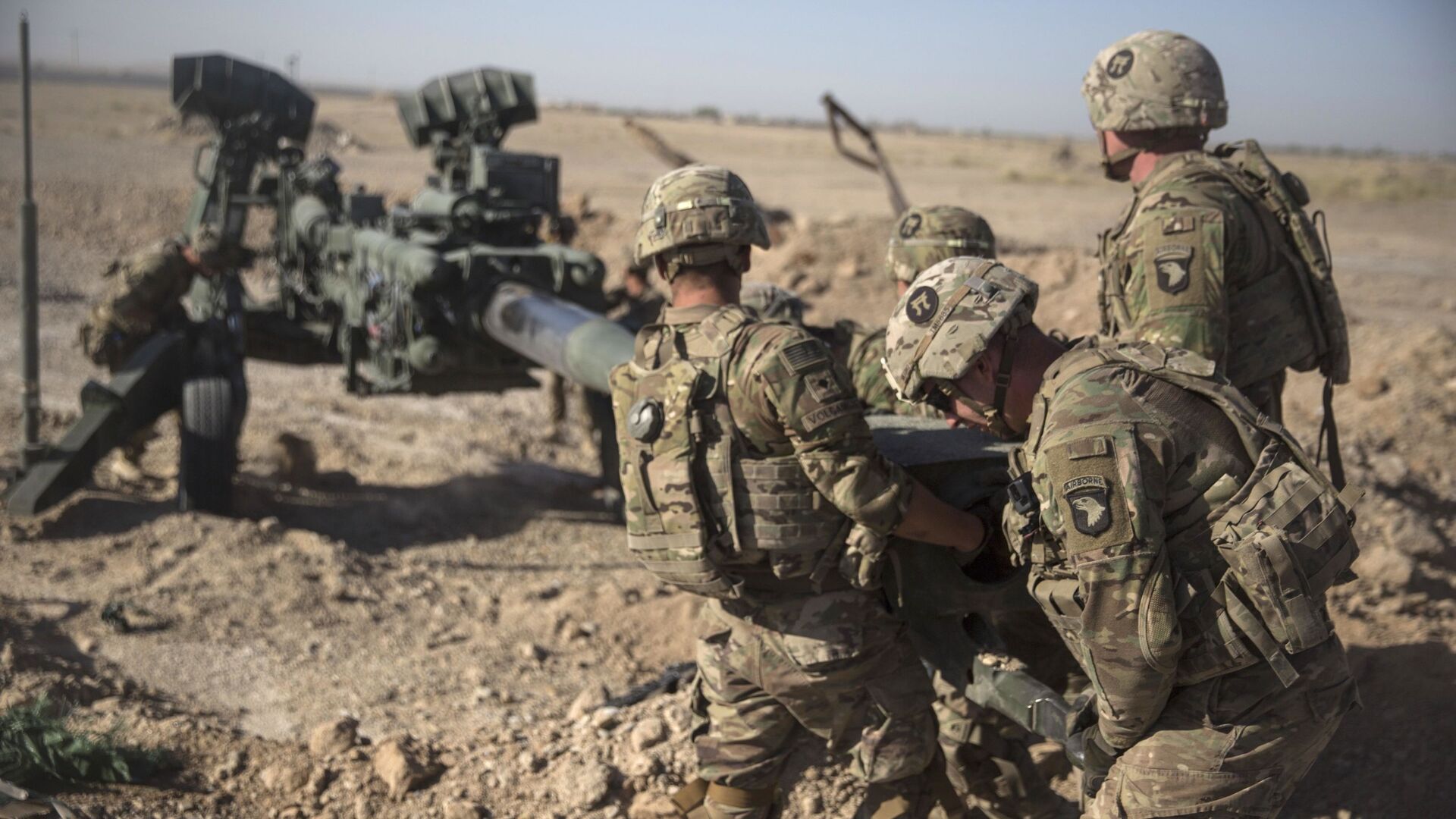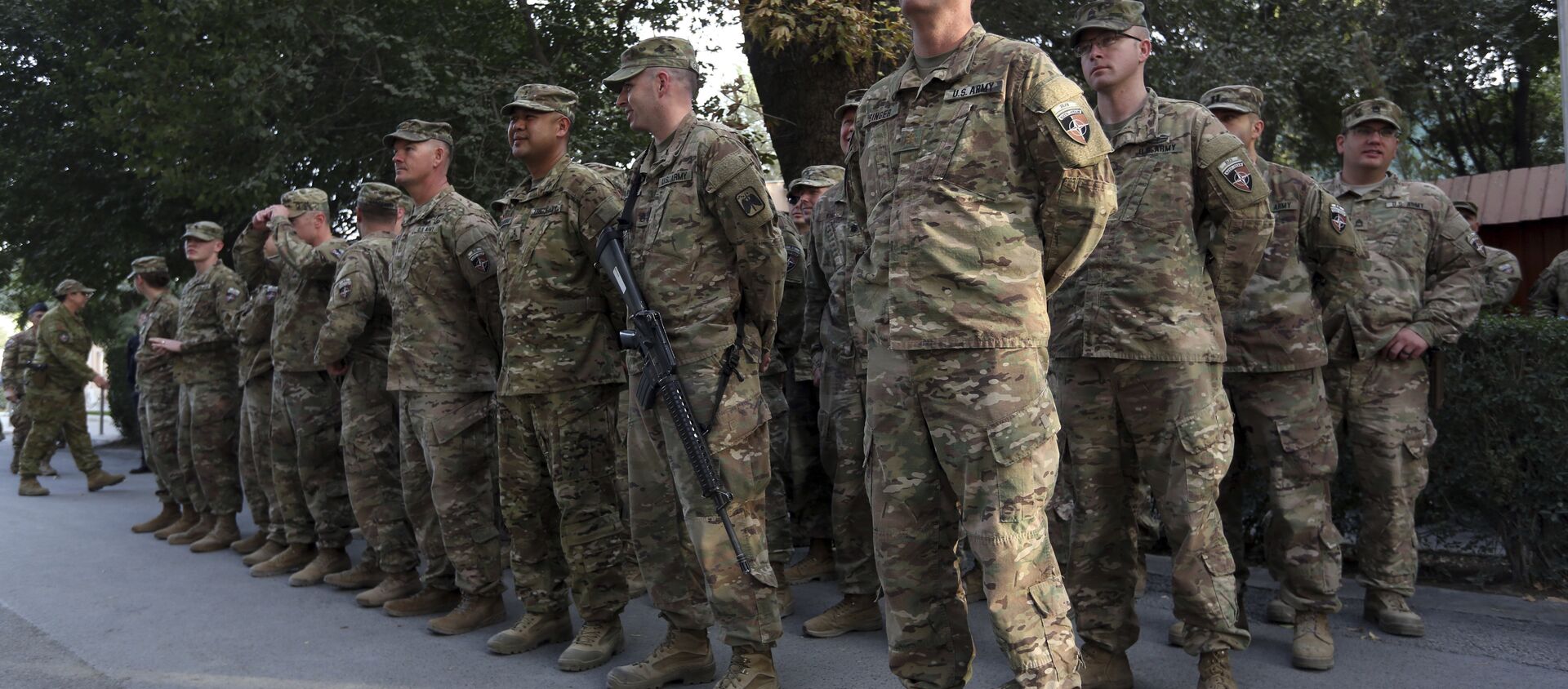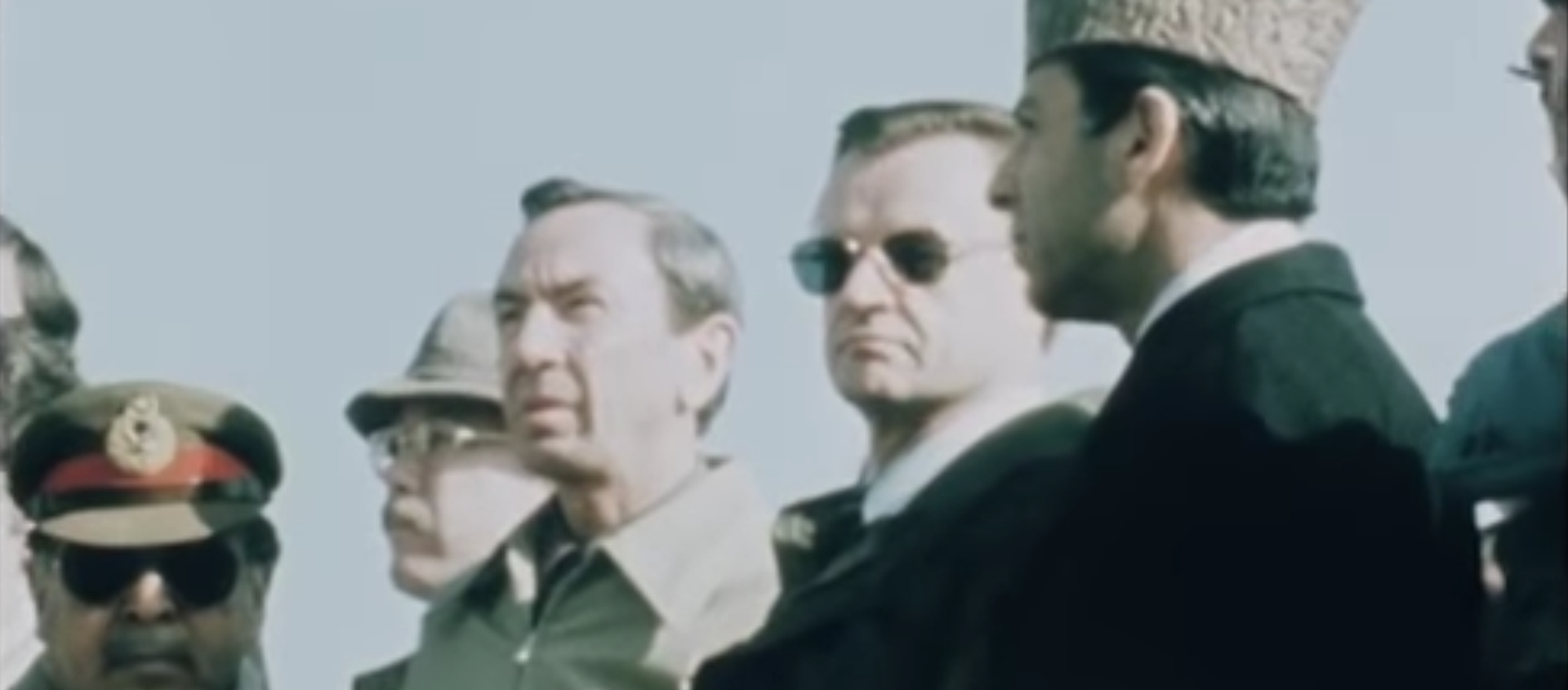The United States will begin its final withdrawal from Afghanistan on 1 May, President Joe Biden has announced.
Speaking in Washington, DC on Wednesday, Biden said that the reasons for staying in Afghanistan had "become increasingly unclear," and that the US had "accomplished all that we can militarily."
"I am now the fourth United States president to preside over and American troop presence in Afghanistan. Two Republicans. Two Democrats. I will not pass this responsibility to a fifth," he said.
"US troops, as well as forces deployed by our NATO allies and operational partners will be out of Afghanistan before we mark the 20th anniversary of the heinous attack on September 11, but we will not take our eyes off the terrorist threat," Biden added, noting that he had consulted with former president George W. Bush before making his decision.
He also offered a warning to the Taliban, saying the US would hold the group "accountable for its commitment not to allow any terrorists to threaten the US or its allies from Afghan soil. The Afghan government has made that commitment to us as well," Biden said.
The terms of the 2020 US-Taliban agreement in Doha, signed by Biden's predecessor, Donald Trump, promised US withdrawal from Afghanistan in exchange for a commitment by the militant group not to host terrorist forces which could threaten US national security, including al-Qaeda.* The original deadline for withdrawal was 1 May, but Biden pushed it back after stepping into office in January, while NATO increased its military footprint.
Biden warned that the Taliban "should know that if they attack us as we draw down, we will defend ourselves and our partners with all the tools at our disposal."
The Taliban previously warned that it would resume its attacks on US and coalition forces if they did not withdraw by the original deadline, but have yet to comment on Biden's Wednesday announcement.
In his remarks, Biden stressed that the US withdrawal would not amount to a "hasty rush to the exit."
Other Countries Asked to Step Up
Biden also indicated that Washington would be asking other countries in the region, "especially Pakistan, as well as Russia, China, India and Turkey," to "support Afghanistan," and said these countries "have a significant stake in the stable future" of the war-torn country. Notably, Biden did not mention Iran, which borders Afghanistan, in this list of nations. The reason for the omission is not immediately clear.
The 2020 Doha deal did not stipulate peace between the Taliban and Kabul, with the two sides expected to work things out diplomatically after the US and NATO leave.
Also Wednesday, NATO chief Jens Stoltenberg announced that the alliance would begin to withdraw alongside US forces starting 1 May. Stoltenberg said that the withdrawal was not the end of the alliance's relationship with the Kabul government, but merely a "new chapter."
The Longest War
The War in Afghanistan is the longest war in US and NATO history. The US and its allies invaded the country in November 2001 in response to the Taliban's sheltering of Osama bin Laden, the Saudi-born al-Qaeda leader whom Washington believes to be responsible for the 9/11 terrorist attacks. US and NATO forces quickly took control of major population centers during the invasion, but went on to face a long insurgency against the Taliban.
The war, which will mark its twentieth anniversary this year, has claimed the lives of over 65,000 Afghan security forces personnel, over 3,500 coalition troops, nearly 4,000 Western mercenaries, between 67,000 and 72,000 Taliban fighters, and over 38,000 civilians. The mental health of NATO servicemembers who have fought in the war has also received public focus, with Biden saying in a 2019 speech that more veterans committed suicide after returning home from US conflicts abroad than were killed in action. According to Biden, some 300,000 veterans have back from Afghanistan and Iraq suffering from post-traumatic stress disorder.
* A terrorist group outlawed in Russia and many other countries.






